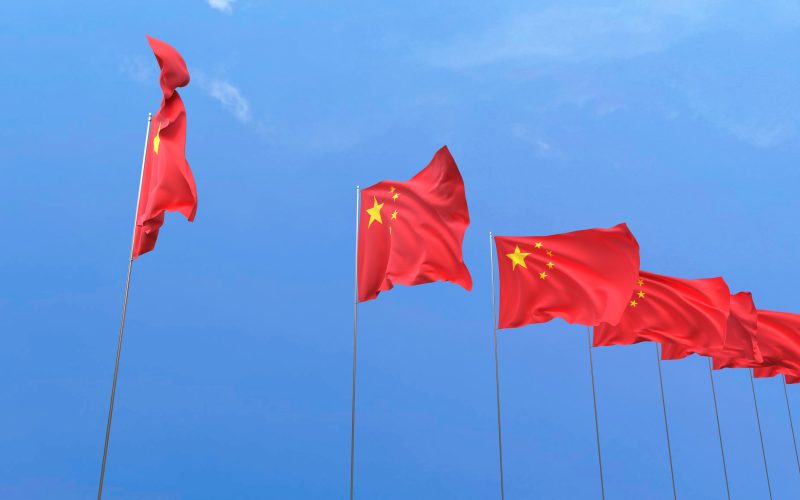China, the world’s largest emitter of greenhouse gases, has for the first time committed to an absolute reduction in emissions, pledging to cut output across its economy by 7–10% by 2035.
In a video address to the United Nations in New York, President Xi Jinping said the country would “strive to do better” as it works towards its longer-term goal of carbon neutrality by 2060. The pledge, which covers all greenhouse gases and will be measured from peak levels, comes against the backdrop of the United States rolling back its own commitments. President Donald Trump this week dismissed climate change as “a con job” during his address to the UN General Assembly.
The announcement was hailed as a milestone in Beijing’s climate policy, yet critics warned it falls short of what is required to meet global targets. “Even for those with tempered expectations, what’s presented today still falls short,” said Yao Zhe, global policy adviser at Greenpeace East Asia. Lauri Myllyvirta of the Centre for Research on Energy and Clean Air argued that cuts of at least 30% by 2035 would be needed to remain aligned with the Paris Agreement’s 1.5C limit.
China, responsible for more than a quarter of global emissions in 2023, produced nearly 14 billion tonnes of CO₂-equivalent that year. A 10% reduction would translate to 1.4 billion tonnes annually—almost four times the UK’s total yearly emissions—but analysts say reductions of 50% or more would be required to meet the 1.5C goal.
Xi outlined additional measures, including expanding wind and solar capacity to six times 2020 levels, boosting forest stocks to 24 billion cubic metres, and making “new energy vehicles” dominant in the market. Observers noted China’s track record of surpassing international commitments, with the country already exceeding its 2030 target for renewable capacity by 2024.
“China’s 2035 target should be seen as a floor rather than a ceiling,” said Li Shuo, director of the China Climate Hub at the Asia Society Policy Institute. “There is mounting evidence that emissions are plateauing, with this year’s levels expected to fall below those of 2024.”
However, Beijing’s heavy reliance on coal remains a sticking point. Coal-fired power hit a record high last year, although early data suggests output has declined in 2025 amid a surge in solar generation.
UN Secretary-General António Guterres has warned that nations are running out of time to submit their updated climate pledges, due this month. He stressed that the commitments were “critical to keeping the 1.5C limit alive” and urged countries to bring forward “plans that cover their whole economies and all greenhouse gas emissions”.
China’s latest announcement signals, in the words of Li Shuo, “the beginning of decarbonisation after decades of rapid emissions growth”.





















